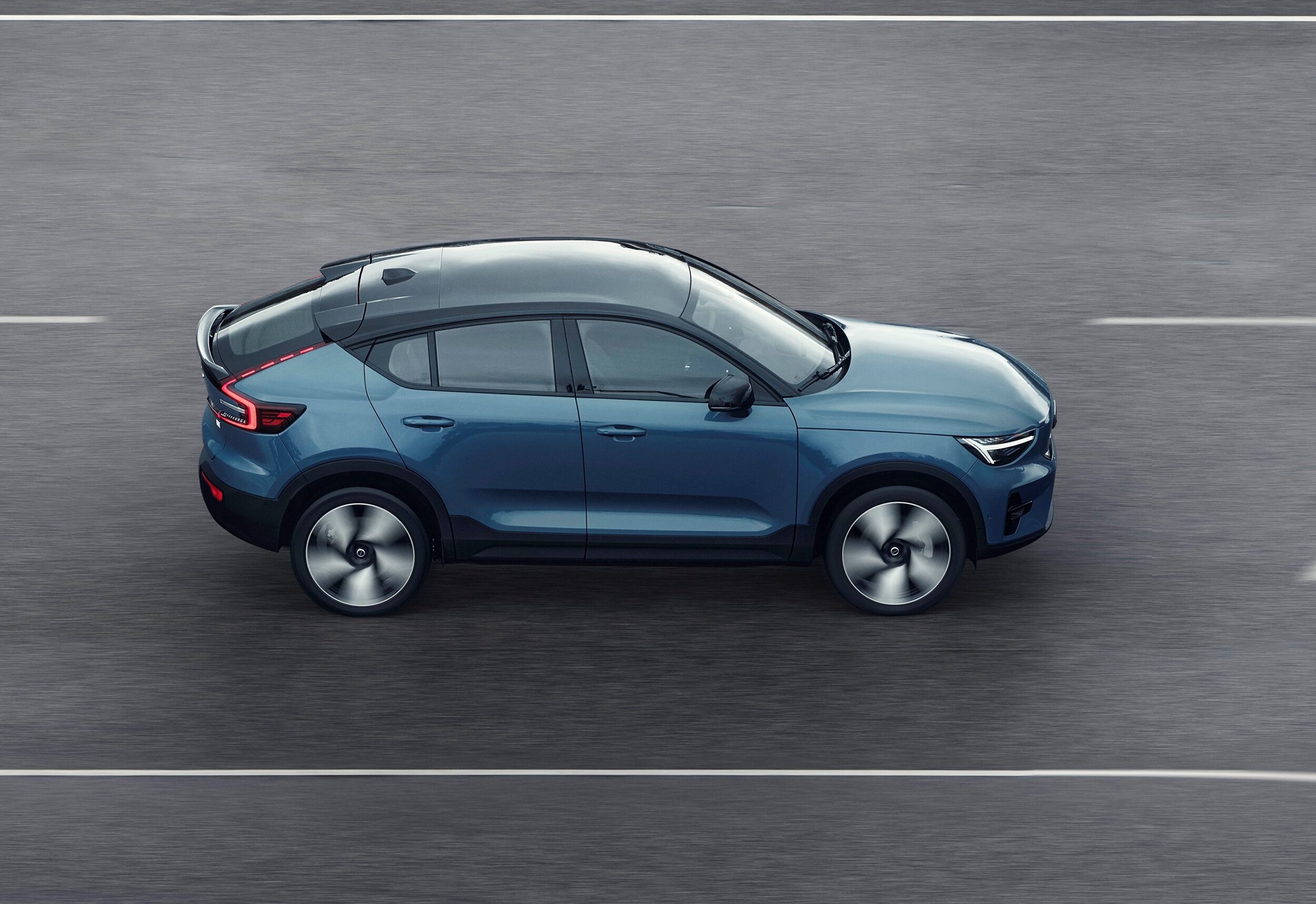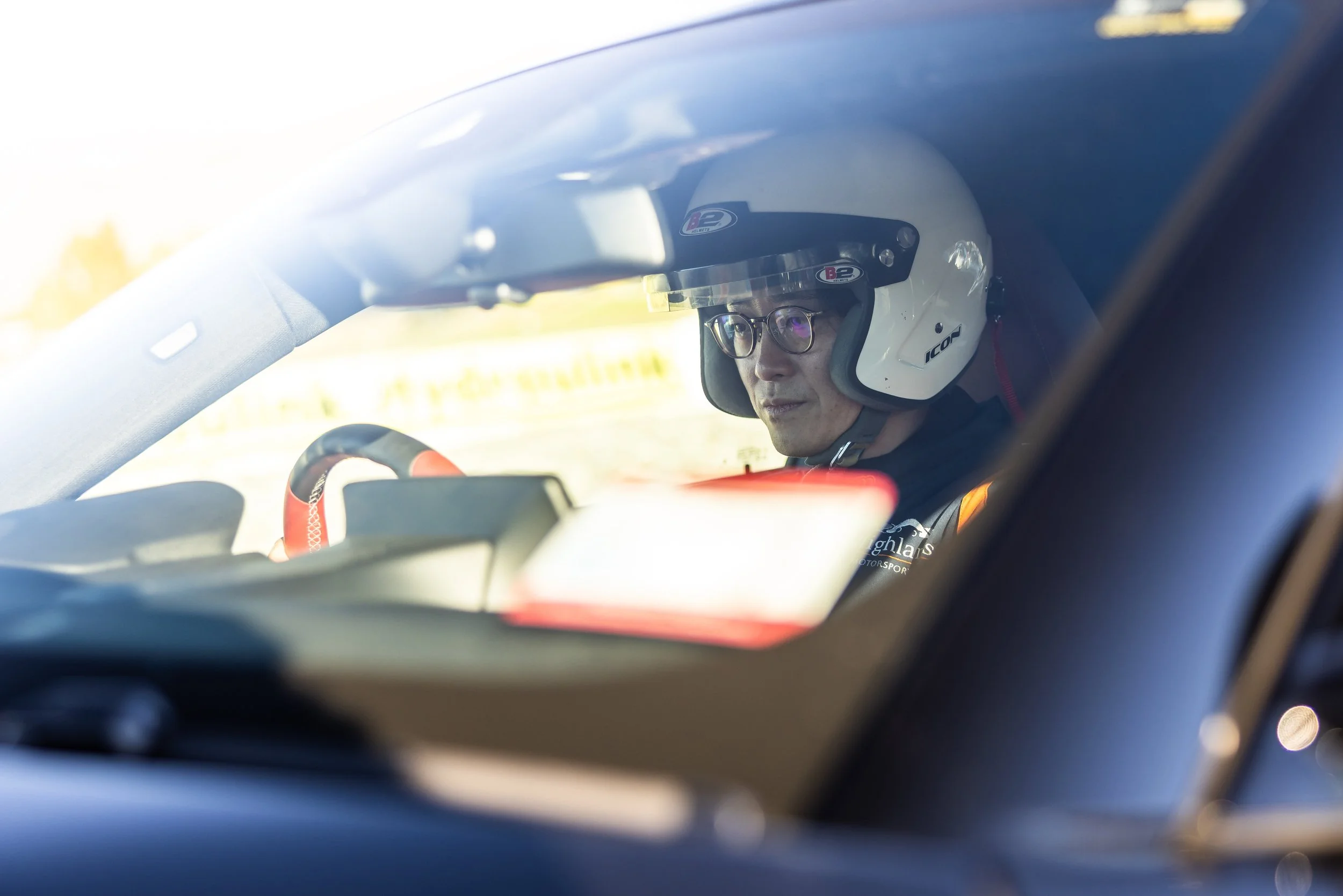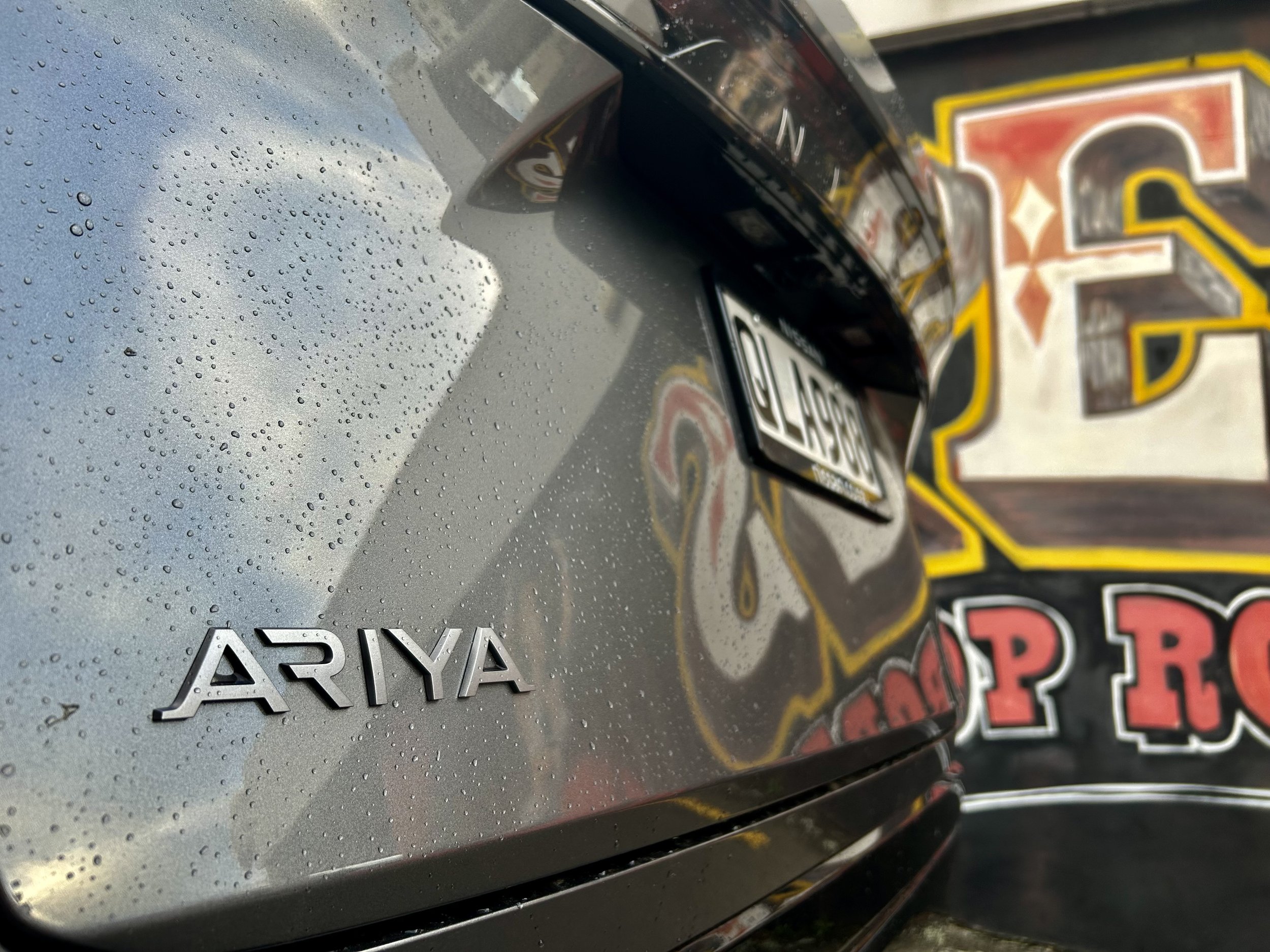Volvo fired up about dropping ICE
/
Sweden’s ambition to produce only fully electric cars by 2030 conceivably puts a PHEV XC40 about to come on sale in NZ on a hit list. But it should achieve a full life, the brand reckons.
Volvo’s EV strategy announcement means the XC40 Recharge PHEV (above) just introducing to New Zealand now will be superseded by 2030 by a new line of full electric products, starting with the C40 Recharge (below) that is destined to on sale in NZ next year.
VOLVO announcing overnight its intent to sell only battery-driven cars within 10 years has highlighted the interim status of a just-arrived hybrid sports utility that the make’s New Zealand distributor is using to woo electric-favouring consumers.
The decision out of Sweden comes with announcement of a new fully electric crossover, the C40 Recharge, that will likely be on sale here next year.
The pledge to phase out all car models with internal combustion engines by 2030 potentially means the new $84,900 XC40 Recharge nydrid that is being promoted as Volvo New Zealand’s sole electric choice of the moment might yet have a reasonably modest life span.
Is that going to be a turn-off? Volvo New Zealand boss Ben Montgomery does not believe the market will judge the PHEV car as any kind of temporary technology.
He stands by expectation, expressed in mid-February, that the Recharge PHEV will be a strong seller.
“It’s still an education process with electric, in terms of what’s available and what it does and what’s available to buy right now.
“I think the PHEV is that perfect halfway step, where you are getting the benefits of electric-only propulsion but at the same time you have not got those range queries.
“So it’s the perfect stepping stone for us.
“We have still got seven years before the complete end of ICE (internal combustion engines) and in the meantime we are taking some really big steps locally.
“From model year 2022 there will be no diesels and we are moving toward MHEV (mild hybrid) and PHEV in the 60 and 90 range. It will be incremental steps, but I don’t think it will put customers off.”
Volvo previously announced that by 2025, half of its sales would be fully electric, with the rest being hybrids. It is also committed to becoming climate neutral by 2040 and putting one million EVs on the roads within the next four years.
Montgomery says Kiwis can expect to see a rapid increase in the access of premium electrified and hybrid models available here.
Plug-in hybrids now make up almost a third of Volvo sales in Europe, making Volvo the leading plug-in premium brand when measured by the share of its total sales volume.
“The XC40 PHEV accounts for a significant part of this global growth and early local interest suggests this model will make up a solid proportion of our New Zealand EV/hybrid sales this year,” he says.
The Recharge PHEV’s lab-tested fuel economy is 2.2 litres per 100km compared to the petrol-only XC40s range between 7.7 and 8.0L/100km. However, fuel consumption drops to zero when the electric motor is used alone - with a 44km range.
Customer deliveries are expected to commence from the second half of the year.
By the time the C40 Recharge hits NZ showrooms the XC40 will also be available in a fully electric format.
The fully electric XC40 – also called a Recharge model - and the C40 appear destined to have a common drivetrain, according to detail so far released by Volvo.
Both cars are cited to pack 300kW from two motors that will power all four wheels and have a 78kWh battery that can charge to 80 percent on a fast charger in 40 minutes. The fully electric XC40 is expected to deliver 350-400kms in the real world whereas the C40 is cited as being able to clock 420kms before need for replenishment.
Potential for the C40 and XC40 to clash for consumer consideration seems probable, given the new car’s styling direction. Montgomery reckons the C40 will build on the XC40’s popularity. He suggests it is aimed at a younger demographic but also notes it delivers “all the benefits of an SUV but with a lower and sleeker design.”
The C40 is being called the first Volvo production car that has been wholly designed to take just an electric powertrain.
That claim ignores that a Volvo adjunct, Polestar, already has two electric cars in production. Polestar has so far focused on left hand drive markets, but its latest product will go into right-hand drive his year and Volvo NZ has indicated desire to sell that model here, again with 2022 being the likely launch timing.
Volvo says it is trying to capitalise on growing demand for electric cars, including in China, which is already one of its biggest markets. It also acknowledges that carmakers cannot ignore pressure from governments around the world to beef up their electric car plans.
New cars and vans powered wholly by petrol and diesel will not be sold in the UK from 2030, for example.
Volvo's chief technology officer, Henrik Green, said the company needed to switch focus: "There is no long-term future for cars with an internal combustion engine."
Bjorn Annwall, head of Europe for Volvo, says the plan fits with both Volvo's image and commercial interests.
“At Volvo our customers expect high levels of us when it comes to human safety and they are starting to expect exactly the same thing when it comes to planetary safety, we aim to live up to that, it's the right thing to do,” he told the BBC.
“The fully electric premium segment will be the fastest growing part of the automotive market, so it's very natural to focus on that.”
Volvo will not be investing in cars with hydrogen fuel cells, as it does not think there will be enough demand from customers. There is also a question mark over hydrogen's availability in comparison with charging points for electric cars, a spokesman said.
Last month, Volvo abandoned plans to merge with Chinese car giant Geely. But the two companies said that they would form a partnership instead to make components for electric cars that would be used by both firms.
Geely already has an electric car brand, Lynk and Co, whose product bases off Volvo underpinnings. So car Lynk and Co has restricted to left hand drive but it has not discounted re-engineering for right-hand drive markets to further enhance exports potentials, as other Chinese makes are now doing.
The XC40 Recharge PHEV has already travelled to Auckland dealerships. The remaining visits are to: Duncan and Ebbett, Tauranga on March 13-14; Duncan and Ebbett, Hamilton, March 20-21; Bayswater European, Napier. April 10-11; Armstrong’s Wellington, April 17-18; Archibald’s Christchurch, April 24-26 and Armstrong’s Dunedin, May 8-9.





















